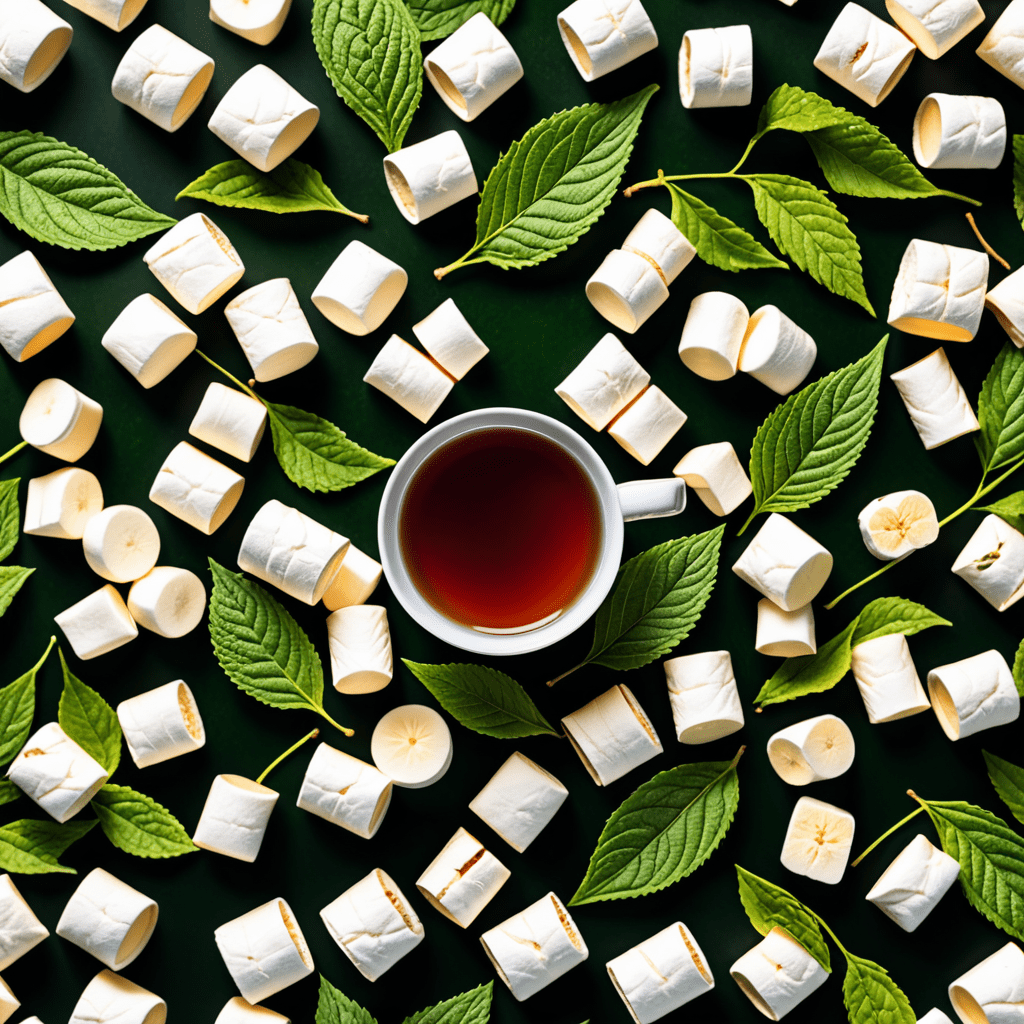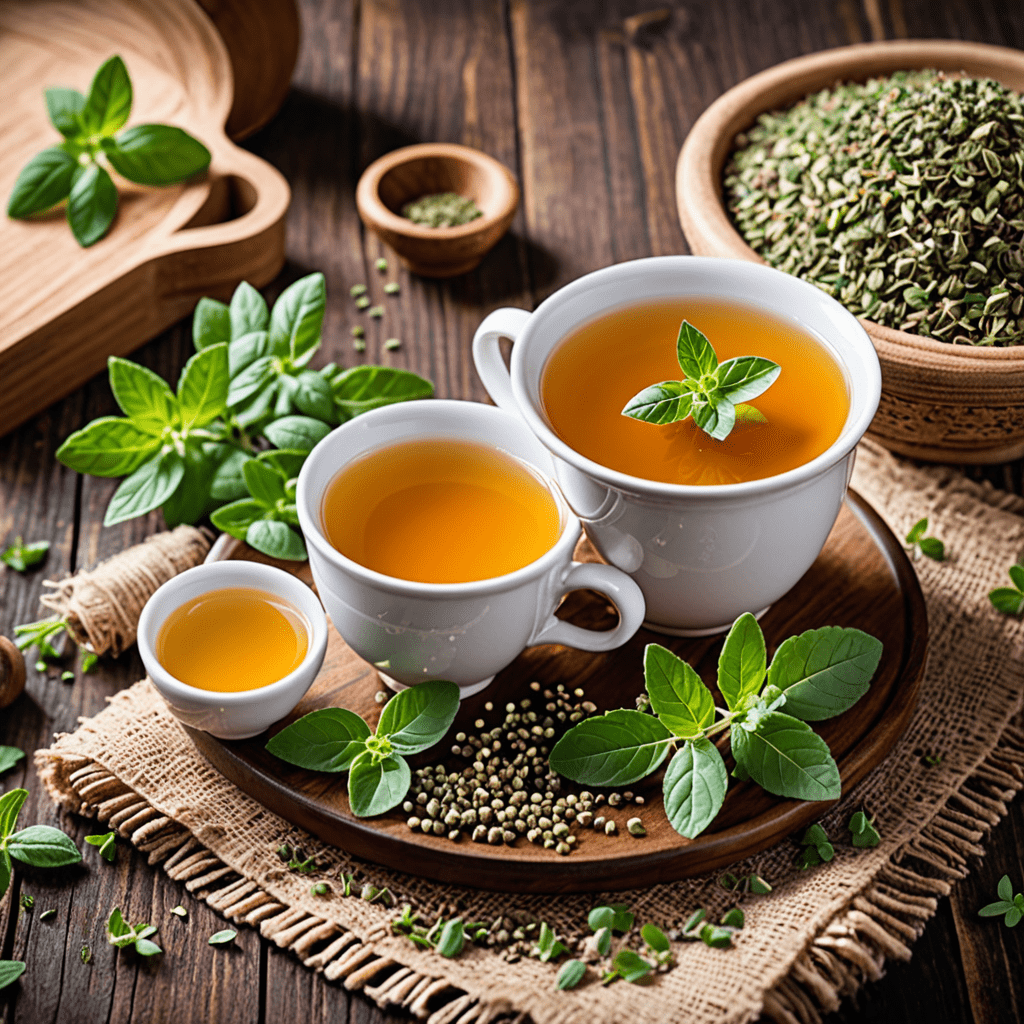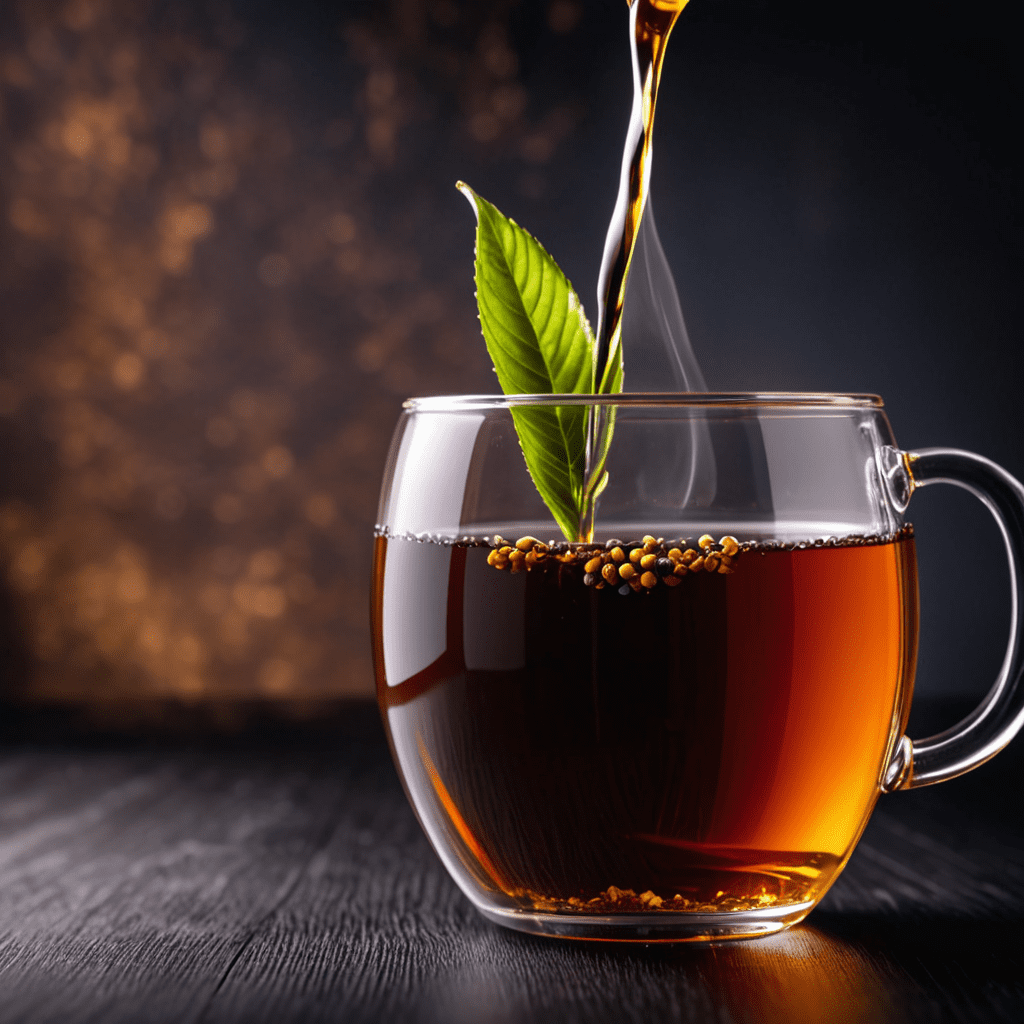
Introduction: India's Tea Culture – A Brief Overview
India, a land steeped in ancient traditions and vibrant culture, boasts a rich tea heritage that dates back centuries. From the sprawling tea plantations in Assam to the quaint tea houses in Darjeeling, tea has become an integral part of Indian life, entwined with its customs, social interactions, and economic tapestry. This article delves into the captivating world of tea in India, exploring its fascinating history, diverse varieties, unique traditions, and profound impact on cultural exchange and community building.
Historical Roots: Tracing the Arrival of Tea in India
The story of tea in India begins in the 19th century when the British East India Company introduced tea plants from China to Assam. The fertile soil and favorable climatic conditions of the region proved ideal for tea cultivation, leading to the establishment of vast tea estates across the state. Over time, tea production flourished, and India emerged as one of the world's leading tea-producing nations.
Tea Growing Regions: Exploring India's Diverse Tea Landscape
India boasts a diverse range of tea-growing regions, each renowned for its unique flavor profiles and characteristics. Assam, the largest tea-producing state, is known for its bold, malty teas, while Darjeeling in the Himalayan foothills produces delicate, aromatic teas with muscatel notes. Other notable tea regions include Nilgiris in South India, known for its floral teas, and Kangra in Himachal Pradesh, producing high-quality black teas.
Tea Varieties and Flavors: From Darjeeling to Assam
India's tea landscape offers an incredible variety of flavors to suit every palate. Assam teas are known for their strong, full-bodied character, while Darjeeling teas are prized for their delicate floral notes. Nilgiri teas offer a refreshing, citrusy flavor, and Kangra teas have a smooth, malty taste. Black tea remains the most popular variety in India, but green tea, white tea, and oolong tea are also gaining popularity.
Tea Rituals and Customs: Sharing Traditions Across Cultures
Tea plays a significant role in Indian customs and traditions. From the morning cup of chai to the elaborate afternoon tea ceremony, tea is a symbol of hospitality, social bonding, and cultural exchange. In many parts of India, offering tea to guests is a sign of respect and warmth, while sharing a cup of tea with family and friends strengthens relationships and fosters a sense of community.
6. The Chaiwallah: A Symbol of Hospitality and Connection
In India, the chaiwallah, or tea seller, is an iconic figure who embodies the spirit of hospitality and cultural exchange. These street vendors, often found on bustling street corners or in railway stations, serve chai, a milky and spiced tea, to passersby. Chaiwallahs act as community hubs, providing a space for people to gather, socialize, and share stories over a cup of tea.
Their chai stalls often double as community centers, offering a platform for informal discussions, business deals, and even political debates.
The chaiwallahs, with their warm smiles and friendly demeanor, play a vital role in bridging cultural divides and fostering a sense of belonging.
7. Tea Houses and Cafes: Modern Hubs for Cultural Exchange
In recent years, India has witnessed the rise of modern tea houses and cafes, offering a vibrant and contemporary space for tea lovers. These establishments showcase a diverse range of teas, from traditional Indian varieties to international blends, catering to an evolving palate.
These modern tea havens also act as platforms for cultural exchange, hosting events such as tea tastings, workshops, and lectures, bringing together people from different backgrounds and fostering a deeper appreciation for tea culture.
Furthermore, these cafes often showcase local art, music, and literature, creating a space for artistic expression and cultural dialogue.
8. Tea as a Catalyst for Community Building
Tea has long been a catalyst for community building in India. From village gatherings to afternoon tea parties, sharing a cup of tea fosters a sense of belonging and connection.
Tea stalls and cafes provide a neutral ground for people from diverse backgrounds to interact, share stories, and build relationships.
These informal gatherings play a crucial role in strengthening social bonds and fostering a sense of community.
9. The Economic Impact of Tea: Empowering Local Communities
The tea industry plays a significant role in the Indian economy, providing employment and livelihood to millions of people. From tea plantation workers to tea sellers, the industry contributes to the economic well-being of local communities.
Moreover, the tea industry promotes sustainable agriculture practices, contributing to environmental conservation and biodiversity preservation.
10. Conclusion: Looking Forward – The Future of Tea and Cultural Exchange
Looking ahead, tea promises to remain an integral part of Indian culture, enriching lives and fostering connections. The evolving tea landscape, with its diverse varieties and innovative tea experiences, will continue to attract tea enthusiasts worldwide.
Moreover, tea's ability to foster cultural exchange and build communities will remain significant, promoting understanding and connection in a globalized world.
FAQ
1. What is the most popular type of tea in India?
Black tea is the most popular type of tea in India, followed by masala chai.
2. What are the main tea-growing regions in India?
Assam, Darjeeling, Nilgiris, and Kangra are the main tea-growing regions in India.
3. What are some of the traditional tea rituals in India?
Sharing tea with guests, offering tea as a знак of respect, and adding spices to tea are some of the traditional tea rituals in India.
4. What is the role of the chaiwallah in Indian culture?
Chaiwallahs are street vendors who sell chai, a milky and spiced tea, and act as community hubs, providing a space for people to gather, socialize, and share stories.
5. How does tea contribute to the Indian economy?
The tea industry provides employment and livelihood to millions of people in India and contributes to the economic well-being of local communities.


